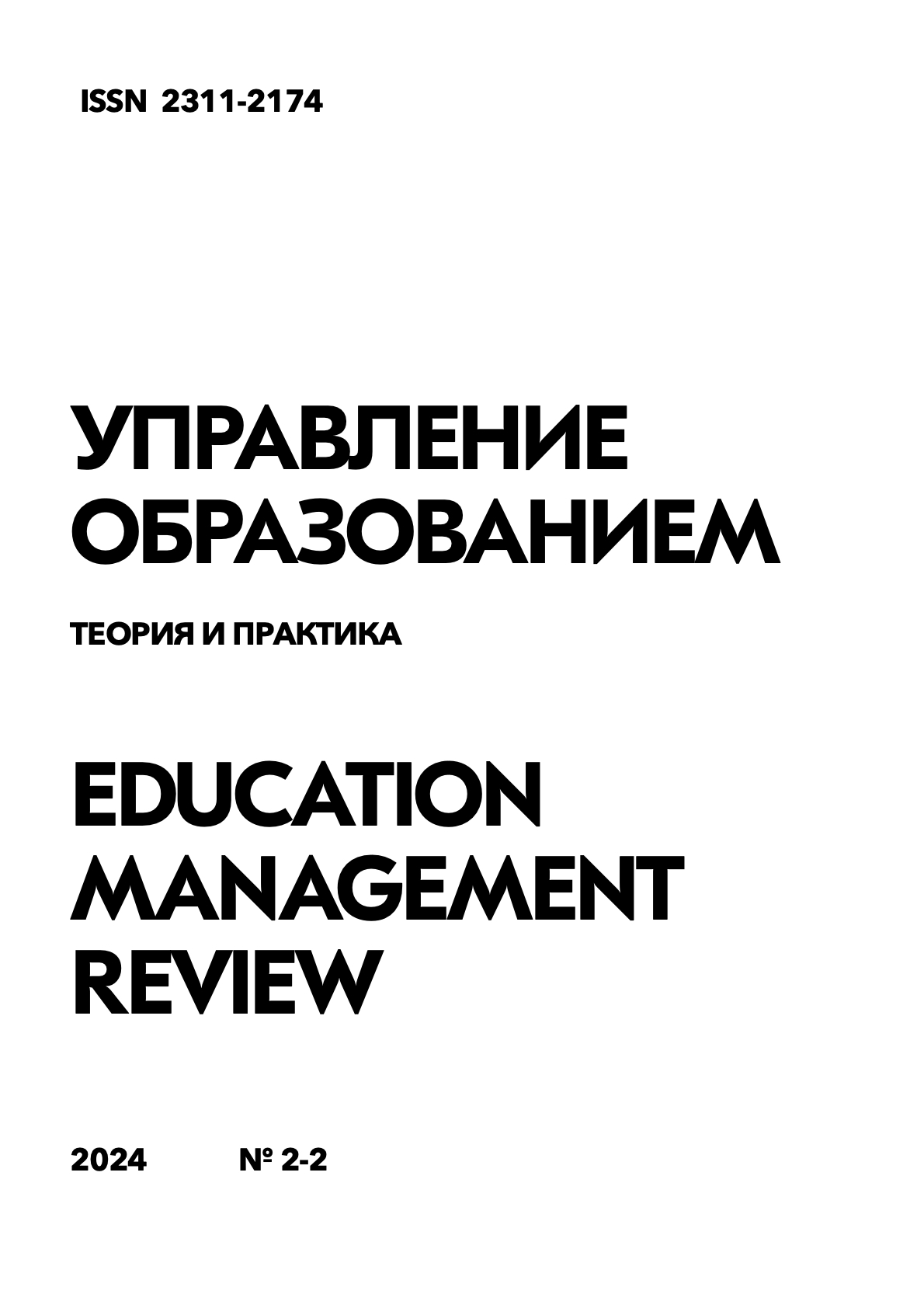The development of critical thinking among students in the process of studying Russian literature: pedagogical strategies and techniques
DOI:
https://doi.org/10.25726/z4759-0285-7154-lKeywords:
critical thinking, Russian literature, pedagogical strategies, techniques for developing critical thinking, problem-based learning, dialogic interaction, contextual analysis, reflective activityAbstract
The development of critical thinking among students is one of the key tasks of modern education. Russian literature, with its rich cultural heritage and deep philosophical ideas, provides a unique platform for developing skills in critical analysis and interpretation of texts. This article discusses pedagogical strategies and techniques aimed at developing critical thinking among students in the process of studying Russian literature. The methodological basis of the research was the works of leading teachers and psychologists such as L.S. Vygotsky, V.V. Davydov, D.B. Elkonin, as well as modern research in the field of pedagogy and psychology of reading. The empirical basis was the results of a pedagogical experiment conducted on a sample of 120 students of the Faculty of Philology of Lomonosov Moscow State University during the 2022-2023 academic year. During the experiment, methods such as questionnaires, testing, observation, and analysis of students' written works were used. The data obtained indicate that the use of specially developed pedagogical strategies and techniques based on the principles of problem-based learning, dialogic interaction, contextual analysis and reflective activity contributes to a significant increase in the level of critical thinking among students. Thus, according to the results of the experiment, the number of students demonstrating a high level of critical thinking (the ability to deeply analyze the text, identify implicit meanings, build reasoned arguments, etc.) increased from 15% to 38%. At the same time, such techniques as socratic dialogue, decoding of subtext, comparative analysis of interpretations, construction of alternative storylines, etc. proved to be the most effective. The obtained results open up prospects for further research on the problem of the development of critical thinking in literary education and the development of innovative pedagogical technologies.
References
Астахова Л.В. Критическое мышление как средство обеспечения информационно-психологической безопасности личности. М.: Экон-Информ, 2009. 141 с.
Болотов В.А., Сериков В.В. Компетентностная модель: от идеи к образовательной программе // Педагогика. 2003. № 10. С. 8-14.
Бутенко А.В., Ходос Е.А. Критическое мышление: метод, теория, практика. Красноярск: 2001. 102 с.
Векслер Е.Г. Развитие критического мышления старшеклассников в процессе обучения: Автореф. дисс... к. пед. н. Киев, 1974. 20 с.
Загашев И.О., Заир-Бек С.И. Критическое мышление: технология развития. СПб: Альянс-Дельта, 2003. 284 с.
Заир-Бек С.И., Муштавинская И.В. Развитие критического мышления на уроке. М.: Просвещение, 2011. 223 с.
Клустер Д. Что такое критическое мышление // Критическое мышление и новые виды грамотности. М.: ЦГЛ, 2005. С. 5-13.
Коржуев А.В., Попков В.А., Рязанова Е.Л. Как формировать критическое мышление? // Высшее образование в России. 2001. № 5. С. 55-58.
Мединцева И.П. Компетентностный подход в образовании // Педагогическое мастерство: материалы II Междунар. науч. конф. М.: Буки-Веди, 2012. С. 215-218.
Муштавинская И.В., Иваньшина Е.В., Крылова О.Н. Критическое мышление: от теории и практике. СПб: СПб АППО, 2004. 152 с.
Полат Е.С., Бухаркина М.Ю. Современные педагогические и информационные технологии в системе образования. М.: Академия, 2007. 368 с.
Сорина Г.В. Критическое мышление: история и современный статус // Вестник Московского университета. Серия 7. Философия. 2003. № 6. С. 97-110.
Халперн Д. Психология критического мышления. СПб.: Питер, 2000. 512 с.
Шакирова Д.М. Теоретические основания концепции формирования критического мышления // Педагогика. 2006. №9. С. 72-77.
Шевченко С.В. Развитие критического мышления учащихся через чтение и письмо // Школьные технологии. 2005. № 6. С. 116-119.




